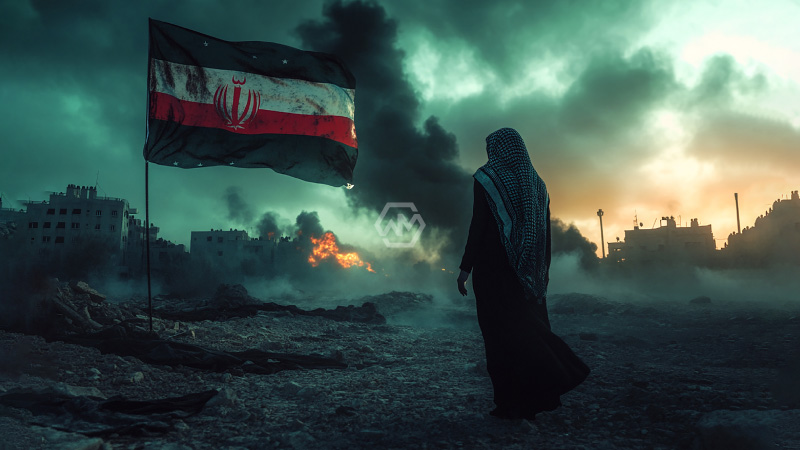- Iran launches massive missile attack on Israel after deadly Israeli airstrikes kill top Iranian commanders and scientists.
- Residential building in Tehran destroyed; 60 civilians, including 20 children, confirmed dead.
- International leaders urge de-escalation as Iran threatens to strike Western bases if they intervene.
Iran’s “Operation Severe Punishment” marks a dramatic escalation in its confrontation with Israel, following an Israeli operation that targeted nuclear and military assets within Iran.
The humanitarian toll is already staggering. A 14-story residential building in Tehran was reduced to rubble, killing 60 civilians—20 of them children—as reported by Iranian state media.
Iran-Israel Conflict Escalates: Civilian Casualties Mount, Region Braces for Wider War
Israeli Prime Minister Benjamin Netanyahu justified the country’s preemptive strikes by stating that the goal was to degrade Iran’s nuclear ambitions and missile capabilities. The strikes targeted sensitive facilities, including the Natanz nuclear complex and other strategic locations in Tehran. These actions appear aimed at crippling Iran’s ability to escalate further in the short term.
Iran’s response was immediate and forceful. In addition to over 100 drones, Iran launched two waves of ballistic missiles targeting Israeli military installations. Though many were intercepted outside Israeli airspace, the psychological and strategic message was unmistakable: Iran is willing to retaliate with full force.
Iran has now issued a direct threat to the U.S., U.K., and France, warning that any support for Israel will result in strikes on their regional military bases. This heightens concerns about a broader war engulfing the Middle East and possibly drawing in NATO-aligned countries. Meanwhile, Israeli defenses remain on high alert as the IDF continues operations.
The broader geopolitical fallout is already unfolding. The United Nations and EU leaders are pressing both nations to step back, warning of uncontrollable consequences if the conflict spirals further. Civilian populations in both Iran and Israel are bearing the brunt of decisions made at the highest levels of military and political command.
As missiles continue to fly and casualties rise, the urgency for de-escalation has never been greater. The world watches anxiously, hoping diplomacy can still prevent a wider regional war.
“We are on the brink of a regional catastrophe that will not stop at borders.” – António Guterres, UN Secretary-General



